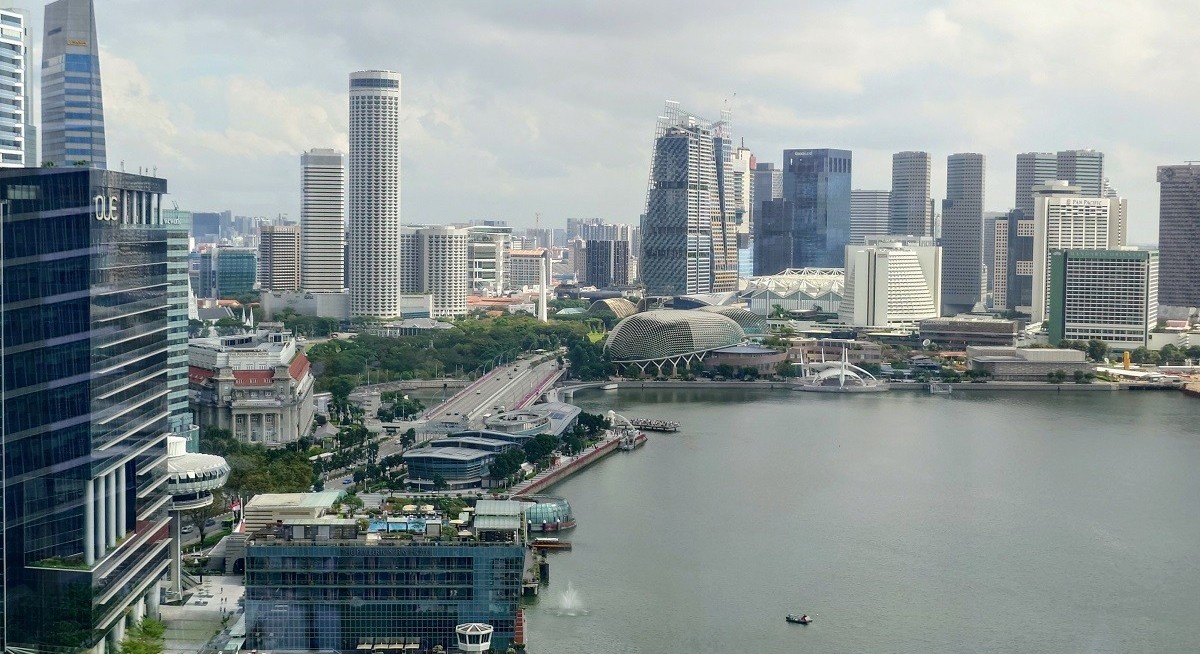Since then, US has reached agreements of sorts with the likes of UK and China, notes the Ministry of Trade and Industry.
"Given the steps taken by major economies to de-escalate global trade tensions, MTI’s assessment is that Singapore’s external demand outlook for the rest of the year has improved slightly compared to April," says MTI.
"Notwithstanding the positive developments in recent weeks, the global economic outlook remains clouded by significant uncertainty, with the risks tilted to the downside," says MTI.
For one, there might be a larger-than-expected pullback in economic activity as businesses and households adopt a “wait-and-see” approach before deciding what and when to spend.
See also: New workgroup to draw growth capital into Singapore
Also, a re-escalation of tariff actions could lead to a full-blown global trade war, with the inevitable sharper global economic slowdown to follow.
Thirdly, disruptions to the global disinflation process and recession risks in both advanced and emerging markets could lead to destabilising capital flows that could trigger latent vulnerabilities in banking and financial systems, warns MTI.
As such, Singapore's economy, especially the export-oriented manufacturing sector, could be "adversely affected" and overall growth is expected to slow.
See also: Singapore’s economy is on a roll, but for how long?
The finance & insurance sector could be weighed down too by episodes of weaker trading activity while the consumer-facing sectors will remain "lacklustre" with the expected weakening of domestic labour market conditions.
Front-loading
For the first three months of the year, Singapore's economy grew by 3.9% y-o-y, moderating from a 5% growth in 1Q 2024.
The growth, according to the Ministry of Trade and Industry, was largely driven by wholesale trade, manufacturing and the finance and insurance sectors.
"In particular, growth in the manufacturing and wholesale trade sectors were likely to have been partly supported by front-loading activities ahead of anticipated US tariff hikes," cautions MTI.
On the other hand, the accommodation and food & beverage services sectors contracted, weighed down by the weak performance of the higher value-added hotel segments.
On a seasonally adjusted q-o-q basis, the economy contracted slightly by 0.6%, reversing from the expansion of 0.5% eked out in 4Q 2024.
To stay ahead of Singapore and the region’s corporate and economic trends, click here for Latest Section
In its separate announcement Enterprise Singapore says that led by the electronics sector, Singapore's non-oil domestic export for 1Q 2025 was up 3.3%, extending the 2.4% growth in 4Q 2024
The full-year figure is expected to grow by 1 - 3%, with the lower bound of the forecast building in a weaker 2H 2025 outlook amidst an evolving tariff situation.
"Notwithstanding the recent US-China trade tension de-escalation, downside risks could intensify following the expiration of the 90-day reciprocal tariff reprieve," warns Enterprise Singapore.




